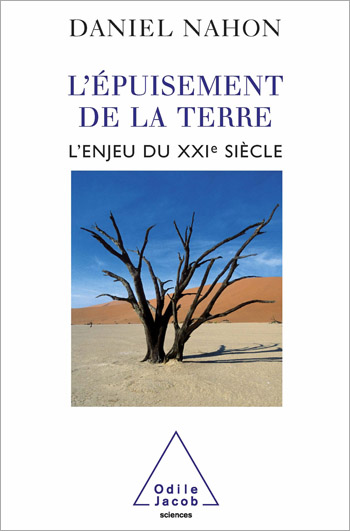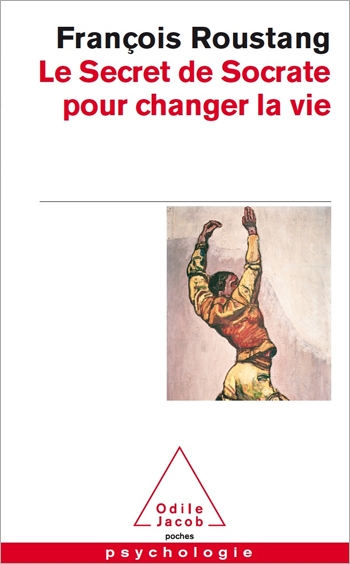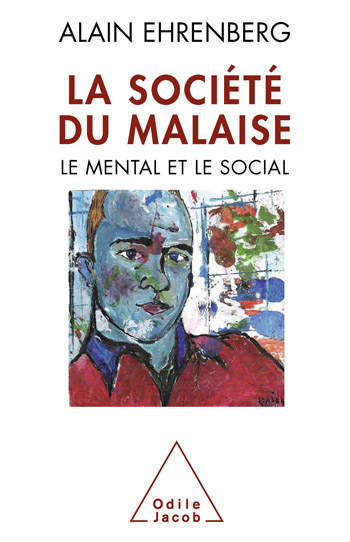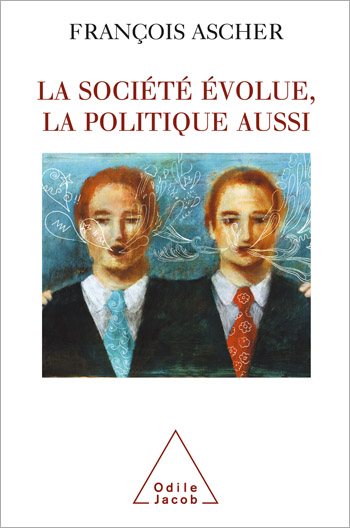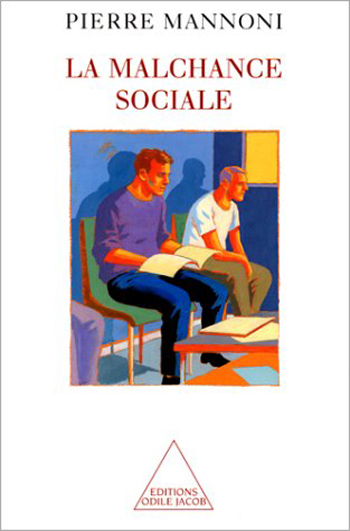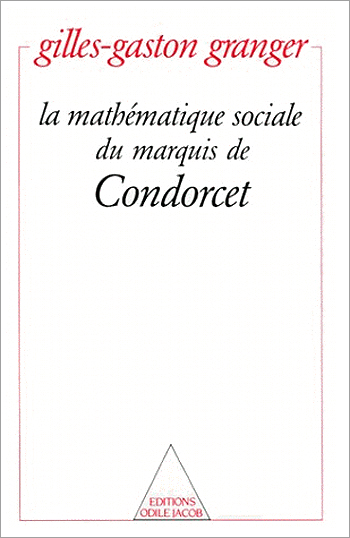Catalog All books

André Lebeau
The Space Legacy
Man has begun to realize one of his most ancient dreams: to overcome gravity, to conquer space, to explore the universe. André Lebeau sheds light on some of the stakes of this quest. By examining the logic of evolution which drives us to explore, and then to occupy, discovered continents, Lebeau traces the perspectives that the possible colonization of outer space opens to humanity. In so doing, he offers a new viewpoint on the dynamics of scientific and technological progress.
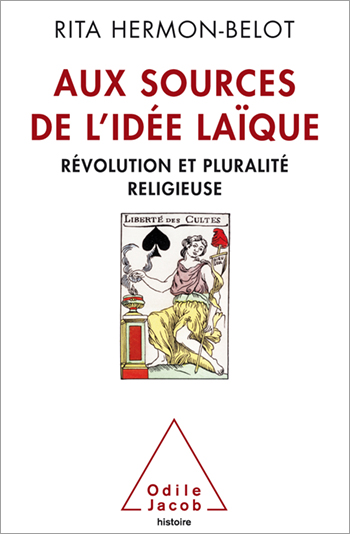
Rita Hermon-Belot
The Sources of the Secular Idea Religious Pluralism and French Secularism
Laïcité: a long history of confrontation

Alfred Sauvy
The Sources of Humour
With a view as encyclopedic as it is malicious, Alfred Sauvy invites us to journey through centuries and cultures in search of that eternal antidote to sadness and pedantry: humor. Faithful to his own voice, the author voluntarily leaves the floor to the humorists and offers us a pivotal reference work that combines erudition with an anthology that is full of alacrity. Alfred Sauvy (1898-1990) was a professor at the Collège de France, created and directed the Institut de Conjoncture, and later the National Institute of Demographic Study. Member of the Economic and Social Council of Paris, he was a longtime representative of France at the United Nations.

Giulia Sissa
The Soul is a Feminine Being
Do women have a soul ? Philosophers have historically doubted this, refusing to accord women rationality. However, at the same time, they have been unable to imagine the soul without the help of feminine metaphors : the soul conceives, it is pregnant with knowledge, it gives birth in pain and distress but always with the help of someone. In reading classic texts such as Derrida, and deconstructing them while drawing comparisons with others and focusing on what may seem paradoxical, such as the many Freudian slips, Giulia Sissa leads us to interrogate ourselves on the exclusively feminine attributes of the Western soul. A radical questioning of the difference between the sexes which leads us to the most profound aspects of our culture.
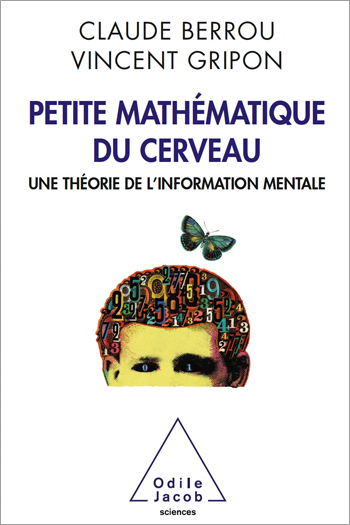
Claude Berrou, Vincent Gripon
Some Brain Mathematics A Theory of Mental Information
How the human brain processes information — an explanation between neuroscience and information technology.

Alain Supiot
Solidarity An Enquiry Into a Legal Principle
A thorough enquiry into the meaning and future of the legal principle of solidarity

Nicolas Offenstadt
Soldiers Executed during World War I
Why were some soldiers tried and executed by their own national military authorities during World War I?
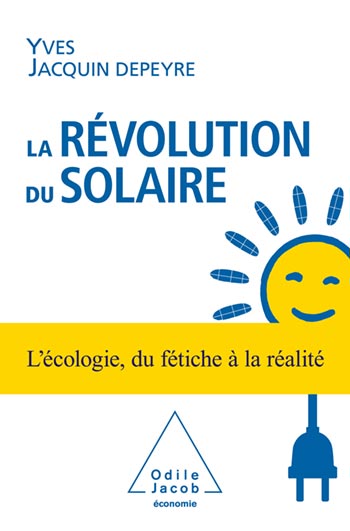
Yves Jacquin Depeyre
The Solar Revolution
The author writes as a player on the field. His practical experience allows him to explain why the move toward solar energy will prove to be infinitely more beneficial than what has been expected.
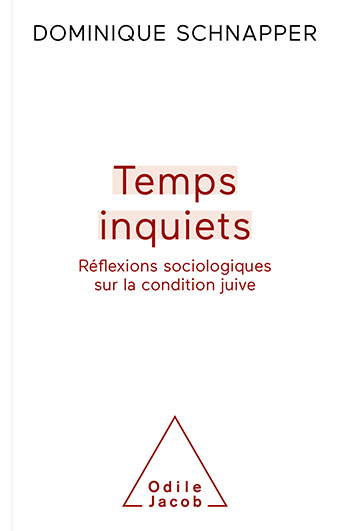
Dominique Schnapper
Sociological Reflection on the Jewish Condition
Following the “days of suspicion” initiated in 1967 by the speech of General de Gaulle, which put an end to a form of accord between France and the State of Israel...

Alex Türk
Society Under Surveillance
An advocate of democratic vigilance, Alex Türq calls for a wide-ranging discussion on all these issues.

Christian Vigouroux
The Society of Scorn
The work of a great connoisseur of the arcana of the French senior administration and of French society.
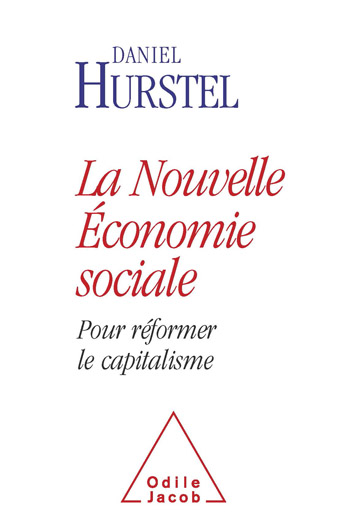
Daniel Hurstel
Socially Conscious Enterprises In Defence of Diversified Capitalism
The author argues that it is time to promote a new form of capitalism founded on socially conscious enterprises pursuing social goals though set up like other members of the business sector.
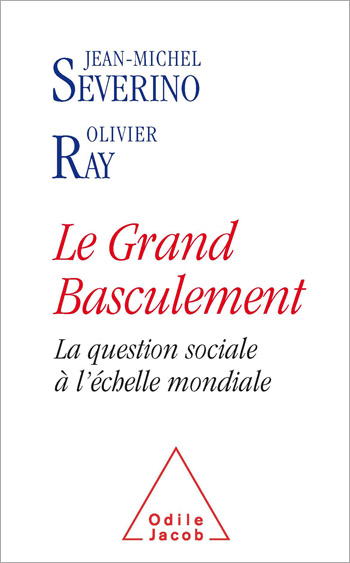
Jean-Michel Severino, Olivier Ray
Social Issues on a Global Scale
Global interdependence has raised social issues to a central position in contemporary debate. But will we know how to deal with these issues?

Guy Groux, Michel Noblecourt, Jean-Dominique Simonpoli
Social Dialogue in France
Never has the potential for social dialogue been greater. Never has the law given so much autonomy to social partners...
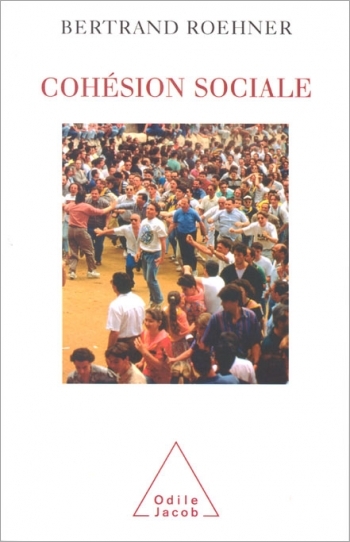
Bertrand Roehner
Social cohesion
The methodology of physics is now being applied to the social sciences. Social cohesion, which assures social stability and continuity, is both observable and measurable. It may be observed in events that repeat: in test events such as the destruction of the mosque in Ayodhya, India (1992), and of the twin towers of the World Trade Center in Manhattan (2001); in catastrophes such as the Great Fire of London (1666), the earthquakes and fires of San Francisco (1906) and Tokyo (1923); in the riots of rejection in Lawrence, Mass., U.S.A. (1984), and in Aigues-Mortes, France (1893); in the protest riots in Brixton, U.K. (1981); and in resistance to foreign occupation, as in France (1940). Social cohesion can be measured through the reactions of a given society in the aftermath of a shock: for example, in the number of Hindu temples that were burned down or mosques that were destroyed following the first two test events listed above. By borrowing the methods of physics, social scientists have been able to make predictions in their own field. Bertrand Roehner is a member of the Laboratory of Theoretical Physics at Pierre et Marie Curie-University of Paris VII. He is the author of Un siècle de commerce du blé en France (Economica), Theory of Markets (Springer), Application of Physics in Economic Modelling, Pattern and Repertoire in History (Harvard University Press) and Separatism and Integration (Rowman and Littlefield).

Michael S. Gazzaniga
The Social Brain
This book investigates the concepts of the "right brain" and the "left brain". According to the author the brain is most certainly made up of relatively autonomous modules which react independantly to environmental pressures. At least one of the modules, situated on the left side of the brain, is responsible for the interpretation of answers which may be contradictory with others, whereas yet another module on the same side translates into words the result of this interpretation. So, instead of being a unique, monolithic system that we imagined, the brain would appear to be a collectivity of systems - a social brain. This approach enlightens us as to the functioning of the human brain, and according to Gazzaniga, affects the very roots of our belief systems and societies. Renowned American neurologist, Michael Gazzaniga is Director of the Cognitive Neuroscience Division of Cornell University and chairman of Neuropsychology.
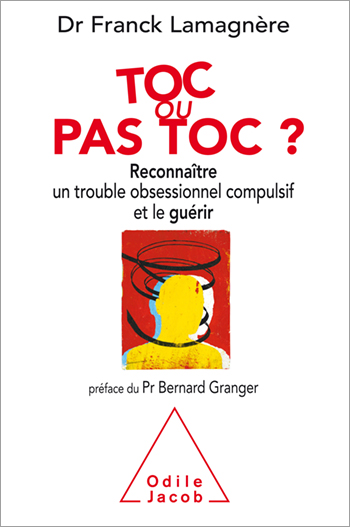
Franck Lamagnère
So, Is It OCD or Not? Recognising the Disorder and Helping Sufferers
An important reference work on obsessive-compulsive disorder, by a major French specialist
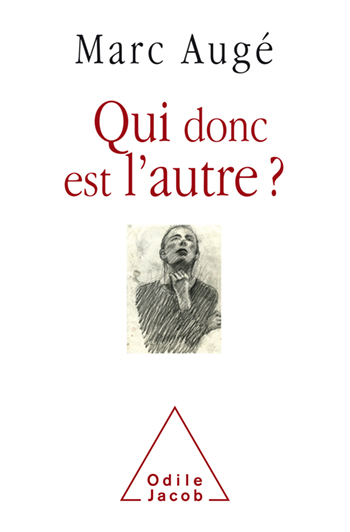
Marc Augé
So Who Is the Other?
The originality of the subjects that Marc Augé studies: from soccer games to the heroes of American series, as well as roundabouts and urban architecture. The intellectual journey of one of the greatest, world-renowned anthropologists.

Étienne Ghys
Snowflakes: A Wonder of Nature
An introduction to the science of crystals within the reach of non-specialists, with a very clear introduction to the physical and mathematical aspects of the subject.

Génération Snooze
Snooze
Written by two practitioners of Artificial Intelligence, this book is both very accessible and very concrete.
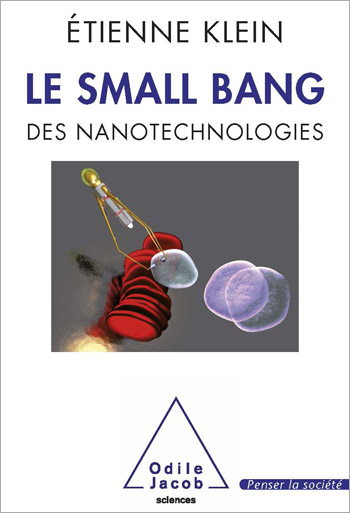
Étienne Klein
The Small Bang of Nanotechnologies
Nanotechnologies no longer concern just the manipulation of matter, one atom at a time: they now incorporate all the techniques that allow the manufacture of tiny objects with a precision equal to one billionth of a metre...




